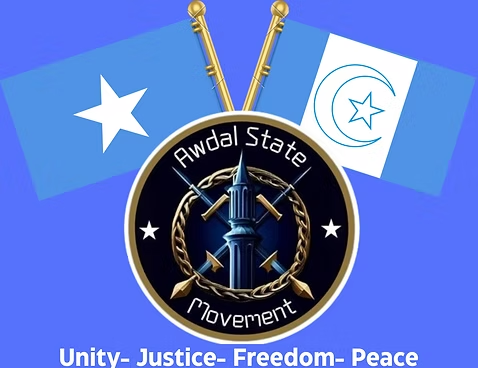The territorial extent and historical legacy of the Gadabuursi people have been acknowledged by Somali, Amhara, Tigray, and various European authorities for centuries. Such recognition underscores that Gadabuursi claims to Sayla, Lughaya, Djibouti, Dire Dawa and Harar are neither incidental nor easily relinquished. These areas constitute the longstanding domain in which the Gadabuursi exercised political authority and cultural stewardship. It is therefore both surprising and deeply regrettable that, in recent years, 6 individuals of Gadabuursi origin (1- Cali Xamud Jibriir, deputy Speaker of the Somaliland state Parliament with business interests connected to Djibouti, 2- Abiib Cabdiraxman Good, Minister of Water Ressources of Somaliland State where he and his 4 wives were given Djibouti passport, 3- MP Cali Xuseen Beegsi, 4- Commander of the Coastal forces in Awdal region, Yuusuf Iiman, 5- tribal leader Barkhad Lacagdoon, 6- tribal leader Taajaro) have entered into agreements with external governments, agreements that effectively transfer or encumber portions of ancestral territory (Zaylac and Lughaya) in exchange for financial remuneration and foreign passports. This phenomenon raises the question of how personal gain comes to supplant communal responsibility and historical stewardship. While cases of collusion and betrayal are not unique to any one people, contemporary mechanisms of social accountability must be strengthened to address them. Individuals who actively undermine the collective interests of the Gadabuursi by facilitating the alienation of ancestral land warrant formal censure and, where appropriate, legal sanction. At a minimum, they should be subject to community-based processes of denunciation and exclusion, thereby denying them further opportunity to harm communal cohesion. For the Gadabuursi as a whole, the preservation of territorial integrity must remain paramount. These lands are not merely geographic assets but the very foundation of collective memory, social identity, and intergenerational continuity. A unified response, incorporating legal advocacy, public education, and cultural reaffirmation, is essential to ensure that individual interests never again eclipse the community’s enduring rights and heritage.By: BURAALE XINIIN
